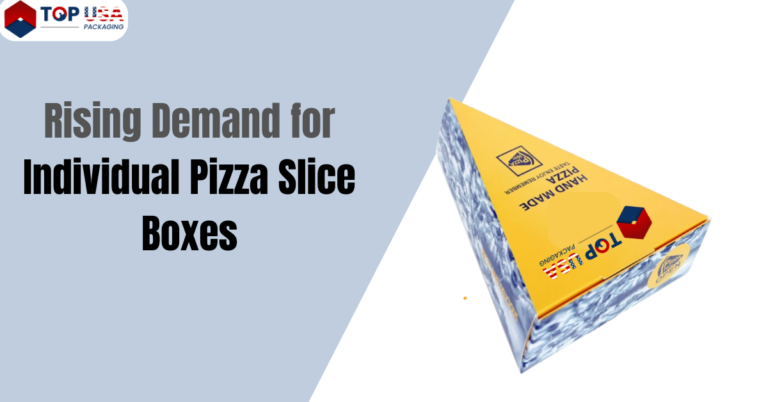The Ultimate Guide to Fitness and Nutrition: Fueling Your Body for Success
When it comes to achieving fitness goals, exercise is only part of the equation. Nutrition plays a crucial role in how your body performs, recovers, and develops. Understanding the relationship between diet and fitness can help you optimize your results and maintain a healthy lifestyle. This article explores the essentials of nutrition, how to create a balanced diet, and the best foods to support your fitness journey.
The Importance of Nutrition in Fitness
Proper nutrition provides the energy and nutrients your body needs to perform at its best. Here are some key reasons why nutrition is vital for fitness:
Energy Supply: Your body requires fuel to power through workouts. Carbohydrates are the primary energy source for high-intensity exercise, while fats provide energy for lower-intensity activities.
Muscle Recovery and Growth: Protein is essential for repairing and building muscle tissue after exercise. Consuming adequate protein helps to enhance recovery and promote muscle growth.
Hydration: Staying hydrated is crucial for optimal performance and recovery. Water supports digestion, temperature regulation, and nutrient transport.
Overall Health: A balanced diet supports immune function, bone health, and reduces the risk of chronic diseases, enabling you to stay active and healthy.
Staying Motivated
Staying motivated is key to maintaining your fitness journey. Here are some strategies to help you stay on track:
Track Your Progress: Keep a journal or use apps to log your workouts and track improvements. Seeing your progress can boost motivation.
Workout with a Partner: Exercising with a friend can make workouts more enjoyable and provide accountability.
Change Your Routine: Avoid monotony by periodically switching up your workouts. Try new classes, sports, or activities to keep things fresh.
Celebrate Milestones: Recognize and reward yourself for achieving milestones, whether big or small.
Building a Balanced Diet
To create a diet that supports your fitness goals, focus on the following components:
Macronutrients
Macronutrients are the nutrients your body needs in larger amounts. They include:
Carbohydrates: Aim for complex carbs (like whole grains, fruits, and vegetables) that provide sustained energy. Simple carbs (like sugary snacks) should be consumed in moderation.
Proteins: Include lean protein sources such as chicken, fish, beans, and legumes to support muscle repair and growth. Aim for about 0.8 to 1.2 grams of protein per kilogram of body weight, depending on your activity level.
Fats: Incorporate healthy fats from sources like avocados, nuts, seeds, and olive oil. These fats support hormone production and overall health.
Micronutrients
Vitamins and minerals are essential for various bodily functions. Focus on a colorful variety of fruits and vegetables to ensure you’re getting a range of nutrients. Key micronutrients for fitness include:
Calcium: Important for bone health, found in dairy products, leafy greens, and fortified foods.
Iron: Essential for oxygen transport in the blood, found in red meat, beans, and fortified cereals.
Vitamin D: Supports bone health and immune function, obtained through sunlight exposure and fortified foods.
Hydration
Drink plenty of water throughout the day, especially before, during, and after workouts. A general guideline is to aim for at least 8-10 cups of water daily, adjusting based on your activity level and climate.
Pre- and Post-Workout Nutrition
What you eat before and after workouts can significantly impact your performance and recovery.
Pre-Workout Nutrition
Aim to eat a balanced meal or snack 1-2 hours before your workout. Consider the following options:
Greek yogurt with fruit
Oatmeal with nuts and berries
Whole-grain toast with peanut butter and banana
These meals provide a mix of carbohydrates and protein to fuel your workout.
Post-Workout Nutrition
After exercising, consume a meal or snack that includes protein and carbohydrates within 30-60 minutes to help with recovery. Good options include:
A protein shake with a banana
Grilled chicken with quinoa and vegetables
Hummus with whole-grain crackers and carrot sticks
Tips for Healthy Eating
Plan Your Meals: Take time each week to plan your meals and snacks. This helps you make healthier choices and avoid last-minute unhealthy options.
Practice Portion Control: Be mindful of portion sizes to prevent overeating, especially with higher-calorie foods.
Limit Processed Foods: Reduce the intake of sugary snacks, fast food, and highly processed foods. Focus on whole, nutrient-dense foods instead.
Listen to Your Body: Pay attention to hunger and fullness cues. Eating when hungry and stopping when satisfied can prevent overeating.
Conclusion
Combining effective workouts with proper nutrition is key to achieving your fitness goals. By understanding the importance of a balanced diet, focusing on macronutrients and micronutrients, and fueling your body appropriately before and after exercise, you can enhance your performance and recovery. Remember, consistency is vital—making small, sustainable changes to your diet can lead to lasting results. Start today, and take your fitness journey to the next level!






